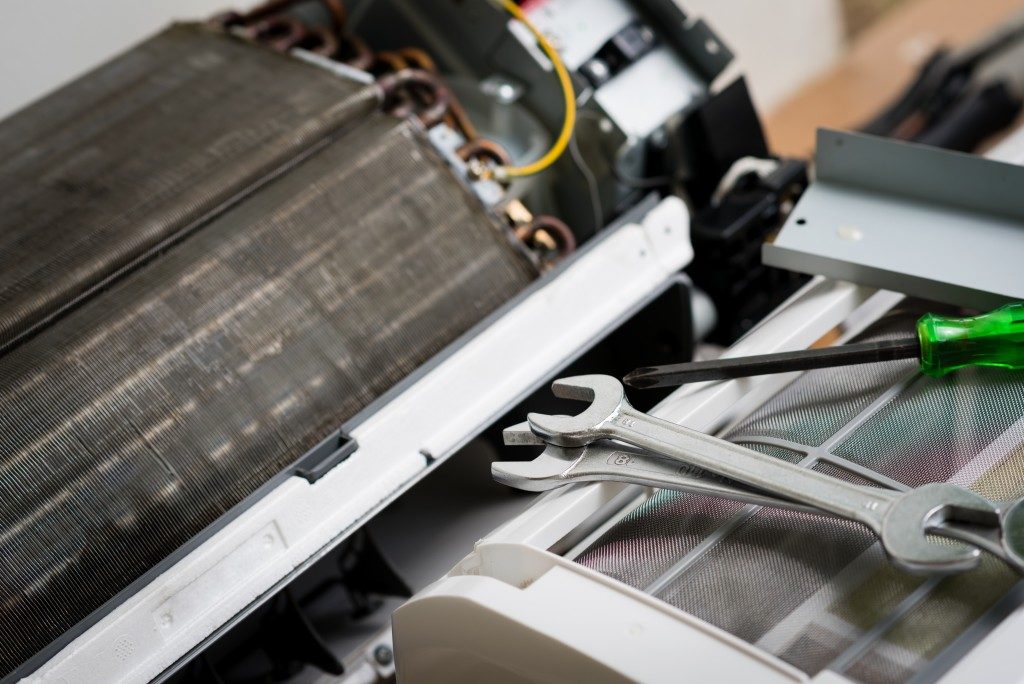Overheating is something that you usually associate with various electronics and appliances such as your air-conditioning system. However, what does it mean exactly? Basically, when your air-conditioning system is overheating, it is working double-time, forcing it to consume an excessive amount of energy. As a result, one or more of its components will overheat, and in time, they will shut down completely. Call in an expert in air-conditioning repair in Salt Lake City, Utah once your unit overheats and you do not know what to do.
The most common and obvious indication that your air-conditioning system is overheating is when it’s constantly tripping the circuit breaker. Usually, this occurs when the electricity flow to your system is excessively high. It shuts down to protect itself. Overheating can happen to different parts of your air conditioner, including its compressor, capacitors, fan motors, etc. Other than excessive electricity flow, overheating can also occur due to the following:
- Lack of Refrigerant: Your air-conditioning system is developed to run with a certain amount of refrigerant. This means that if your AC has low refrigerant levels, which usually happens due to a leak, it won’t be able to properly cool your house. This will force your AC to work harder than it has to, which can cause it to overheat.
- Clogged Air Filter: The air that your air-conditioning unit pulls from your home must first pass through the air filter. In the event that you have a clogged air filter, the fan will have to work extra hard to accomplish its task. Think about the difference between breathing normally and breathing through a small straw—you need to put in a lot more effort just to breathe normally since the straw restricts your airflow. Similarly, the amount of effort your air conditioner’s fan has to exert with a clogged filter can result in your AC overheating.

- Frozen or Dirty Coils: If your AC’s cooling coils are frozen or dirty, the frost or dirt buildup will act as a barrier and block the air being blown over them. This will cause your AC to overheat since it will greatly reduce the heat transfer process. This means that your AC will need to work double-time to keep your house cool.
- Filthy Fan Blades: When there is a significant buildup of dirt in the fan blades, this will eventually weigh them down, making it difficult for them to spin. Eventually, this will cause them to overheat.
- Hot Weather Combined with an Old System: Older air-conditioning systems are inherently susceptible to overheating due to their outdated and inefficient components. Still, when combined with hot weather, there is an increased risk of overheating.
Fortunately, you can try to prevent most of the problems mentioned above by ensuring that you maintain your air-conditioning system regularly. Failing to clean the air filter regularly, change it as needed, or get your air-conditioning system professionally inspected and tuned up at least once a year will increase the chances of it overheating repeatedly. Therefore, give your AC system the TLC it deserves. As a result, it will give the TLC back to you tenfold.

